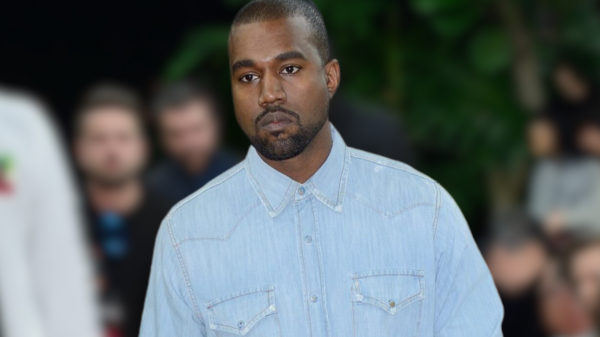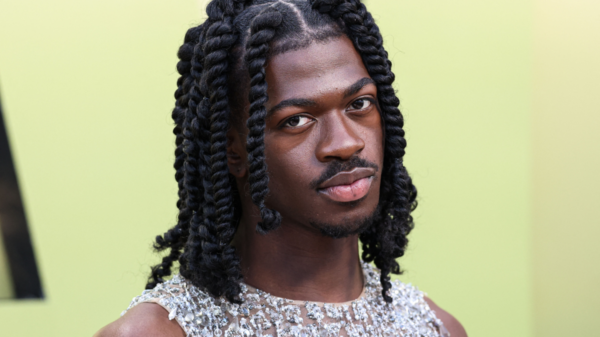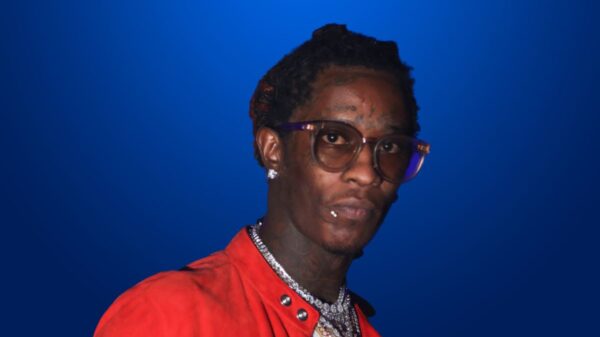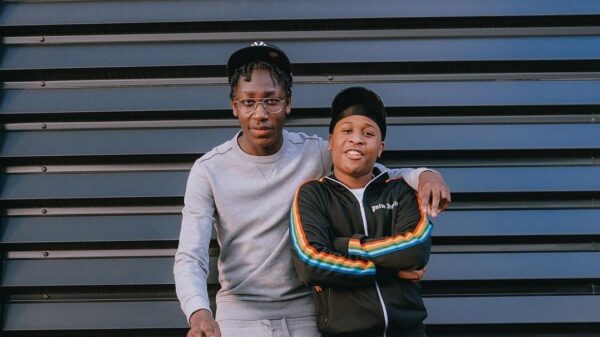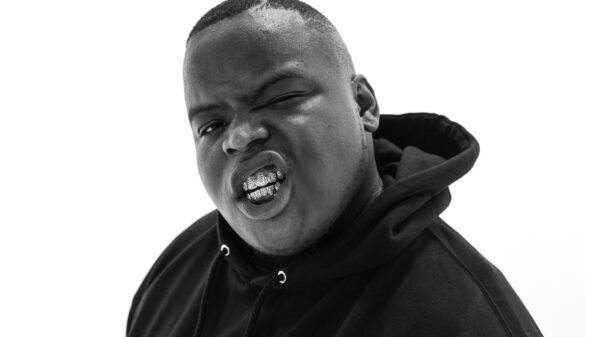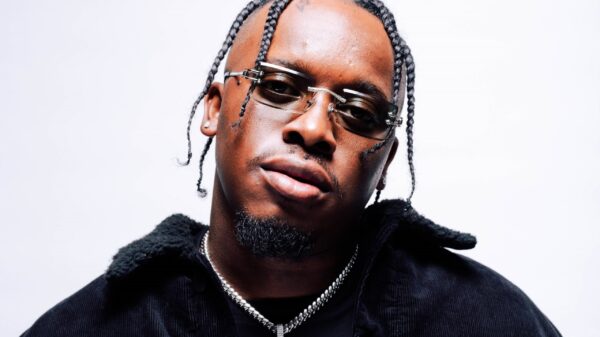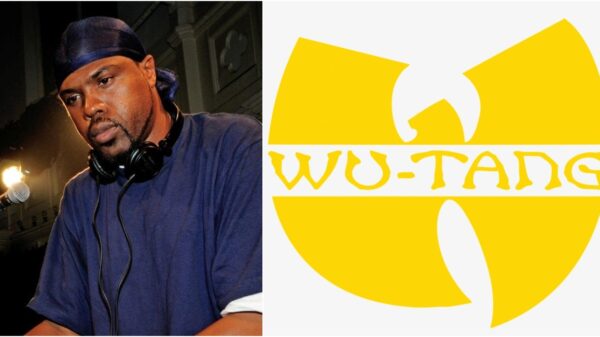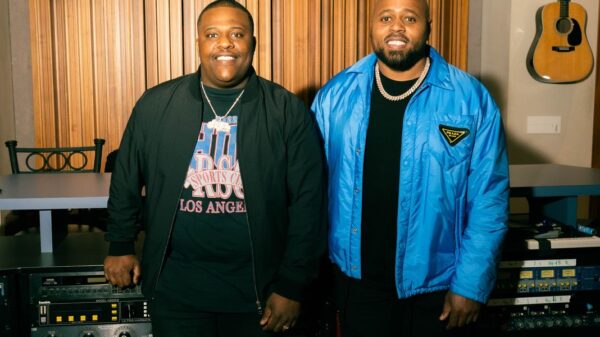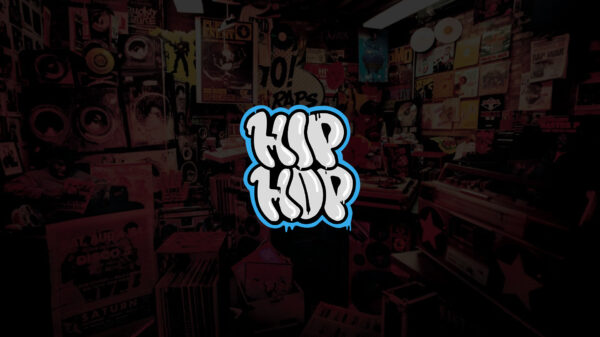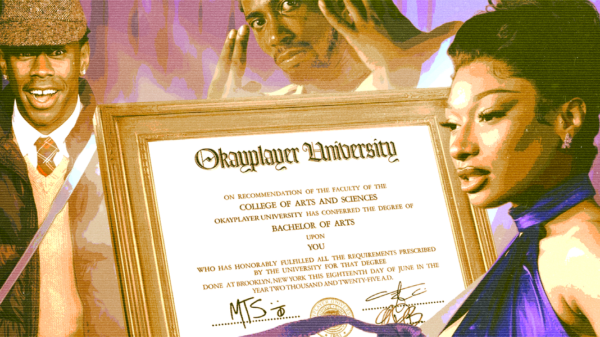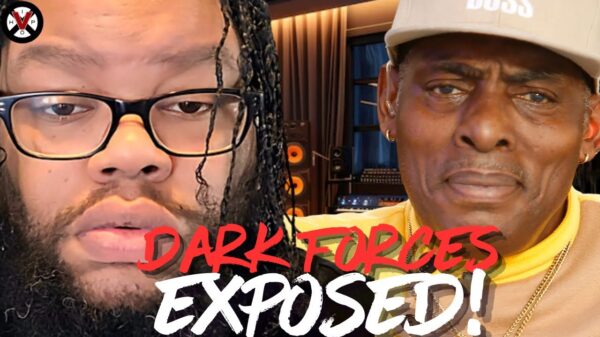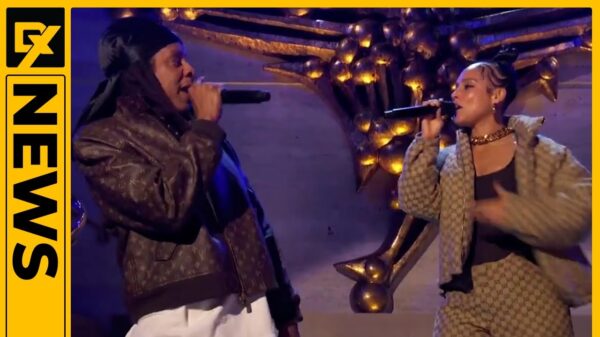At 40 years outdated and with dozens of tasks underneath his belt, Blu has seemingly rapped about all of it. From the beacon of hope that was Under the Heavens to the digital experimentation on York, the LA-bred rapper at all times discovered new methods to bundle his free-flowing ideas. Blu’s newest file, Afrika, is likely to be his most explicitly-themed one but, leaving little to the creativeness as he spends over 40 minutes attending to the basis of who he’s, not solely as a rapper however as a Black man in the US.
Every of the ten tracks on the album, save one, is written in Swahili, with the aptly-titled opener “Kuwakaribisha” starting with Blu and producer Nottz welcoming the listener to their musical historical past lesson. Blu celebrates his roots with raps about Africa’s geography, inhabitants, and significance because the originator for a lot of human life however contrasts it by briefly retelling the frequent world racism it encounters. He isn’t saying a lot concerning the continent that isn’t already broadly recognized, however as a welcome mat monitor, beginning on the floor makes some sense.
Throughout a lot of the album, Blu paints Africa out to be a possible treatment for his id issues. On “Mama,” he raps concerning the African diaspora, preaching his love for every particular person whose ethnicities could also be blended, all whereas imploring life to provide him a cause to return house. The hook alludes to Blu, and all of the friends on the monitor, being illegitimate kids of Africa, every reckoning with their place within the U.S.
Blu’s exploration of his Blackness incorporates a plethora of various voices, some not even American. He enlists Canadian rapper Shad on “Marcus Garvey,” a monitor named after the Jamaican activist whose ideologies had been vital to Pan-Africanism, to rap about his dad and mom returning house to Rwanda after 25 years of dwelling within the West to reconnect with their previous. He highlights their need to not face the identical day-to-day racism that they might expertise in Canada or the U.S. and the bonds they might create with individuals who appeared similar to them and with whom they shared a deep cultural historical past.
Many of the tracks deal with their subjects somewhat valiantly — there aren’t any notably unhealthy verses — however Blu’s ear for hooks may use some refining. “Mungu” incorporates a repetitive refrain, with the monitor’s title repeated a number of instances over a thorny beat affected by screams within the beat’s backdrop. “My N—a” shares a few of these issues, with Nottz’s beat recycling samples from what seems like battle tracks within the 1700s, whereas Blu repeats “Nah, my n—a, I’m an African” a number of instances. Each hooks are redundant to make certain, however Nottz’s manufacturing feels pressured, virtually as whether it is making an attempt too exhausting to convey the African-centric idea to life.
Nottz’s manufacturing selections on Afrika can vary from actually fascinating, like on “Rangi” to baffling on “Matunda Marufuku,” with the latter using a playful vocal pattern to drive the beat by way of its verses. Every of the artists featured on the monitor seems like they’ve one thing to say, however it may be exhausting to maintain up making an attempt to decipher the raps with the underlying vocals repeating incessantly. “Rangi,” then again,” works higher due to its extra easy, guitar-led beat, with Blu coming throughout as extra energetic in his verse and hook.
Afrika culminates with its finest track “Baba,” a dense closing look again on the continent that created who he and his household are. The monitor sees Blu debating his place on the planet as a Black man and the way the world can devalue his tradition. He stays hopeful by way of all of it, by no means doubting himself or the significance of Black tradition on the planet.
He cites Africa because the birthplace of all humanity, and whereas he’s right, his reminder serves as a lesson to everybody who proceed to neglect their most simple historical past.

